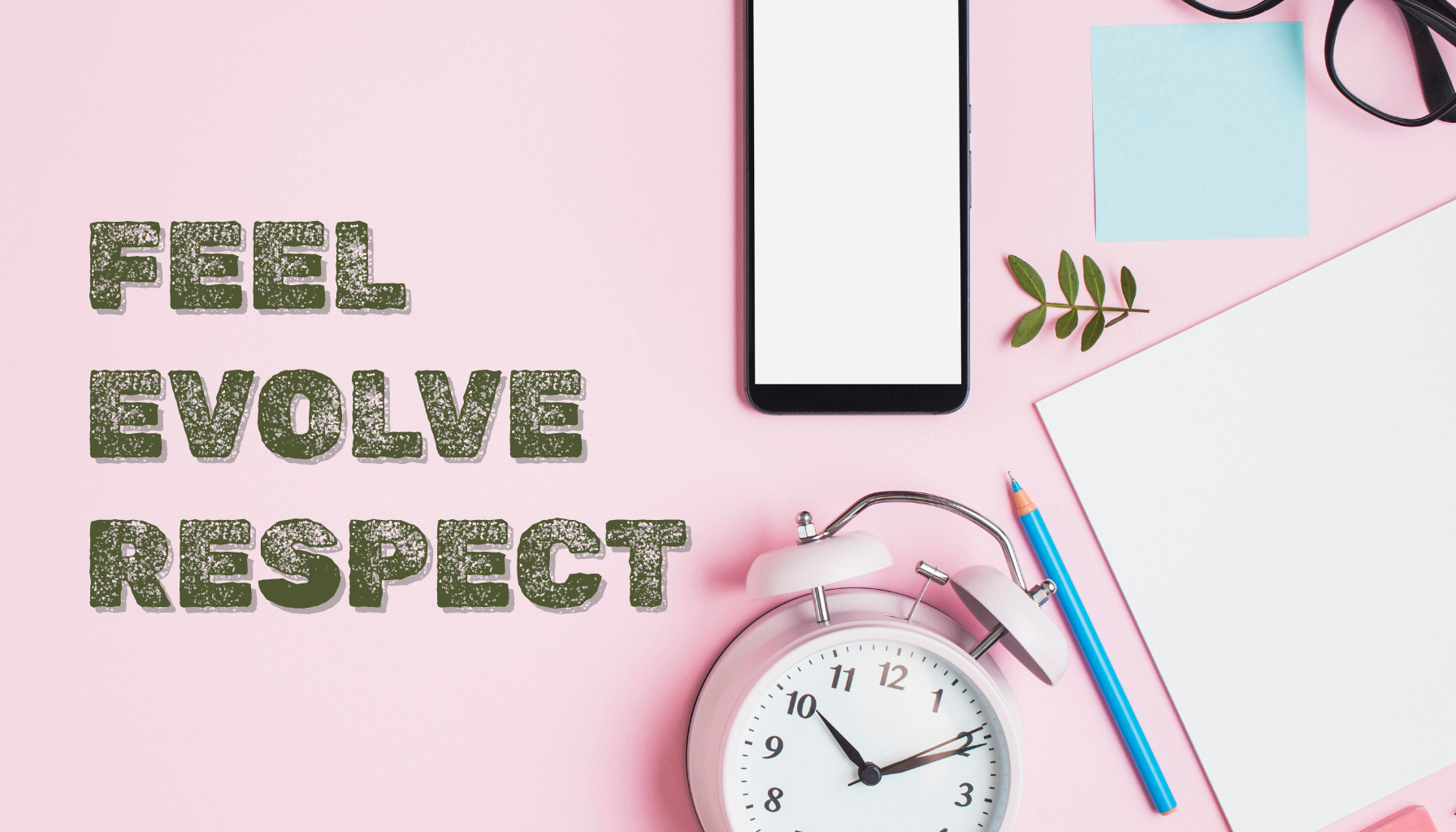You’ve probably seen it before:
- “Wake up at 5am.”
- “Work for 90 minutes without distraction.”
- “Exercise every single day.”
- “Do this exact morning routine or you’re failing.”
But here’s the problem:
Most habit systems are built on someone else’s life.
Someone else’s energy.
Someone else’s version of “success.”
What happens when you try to copy that?
You start strong… then crash.
And worse — you blame yourself for not keeping up.
Let’s stop doing that.
Because you don’t need perfect habits. You need habits that respect your real life.
Your Energy Is More Important Than Your Time
Productivity experts often talk about managing your time.
But what actually changes your day is managing your energy.
Ask yourself:
- When do I feel most alert?
- When do I crash (mentally or physically)?
- What kind of tasks drain me quickly?
- What recharges me — even briefly?
This article can help you explore your own rhythm:
📌 How to Build a Routine That Feels Good (Not Forced)
Step 1: Forget “Ideal Days” — Focus on Sustainable Days
Your goal isn’t to have the “perfect” day once a month.
It’s to build a sustainable rhythm that works most of the time, even when life gets messy.
Here’s how:
🔹 Design your habits to match your lowest energy days
If your habit only works when you’re highly motivated, it’s not going to last.
So ask:
“What’s the minimum version of this habit that I could keep doing even when I’m tired?”
That’s your true foundation.
📌 Need help with this? Read: How to Stick to Habits on Hard Days
Step 2: Build Around How You Feel, Not Just What You Want
Most people build habits from desire:
“I want to get fit.”
“I want to be focused.”
“I want to wake up earlier.”
But the more effective question is:
“How do I want to feel on a daily basis?”
Then build around that:
- If you want to feel calmer → add one intentional pause during the day
- If you want to feel clearer → spend 5 minutes writing thoughts out of your head
- If you want to feel stronger → stretch or move gently each morning
This makes your habits emotionally rewarding — not just productive.
Step 3: Stop Tracking Everything — Start Noticing More
Tracking habits is useful — until it becomes another source of guilt.
Instead, try:
- Writing how a habit made you feel (not just whether you did it)
- Noticing which habits give you energy vs. drain you
- Celebrating returns after a break, not just streaks
That small shift makes habits feel human again.
📌 This article may remind you of that: You’re Doing Better Than You Think
Step 4: Let Your Habits Evolve With You
The habit that worked last year might not work now.
You’re allowed to evolve. And your systems should evolve, também.
Try revisiting your habits monthly or seasonally:
- “What’s still working?”
- “What feels heavy now?”
- “What am I naturally gravitating toward?”
📌 Further reading: The Truth About Productivity: It’s Not About Doing More
Final Reminder: Respect Is the Root of Every Lasting Habit
Discipline isn’t just about commitment.
It’s about respect — for your time, your needs, your energy, your season of life.
You don’t need to force a system.
You need to build one that feels like support, not pressure.
So the next time you feel like you “failed” a habit, ask:
Was the habit wrong — or was it just not built for who I am right now?
That question changes everything.
